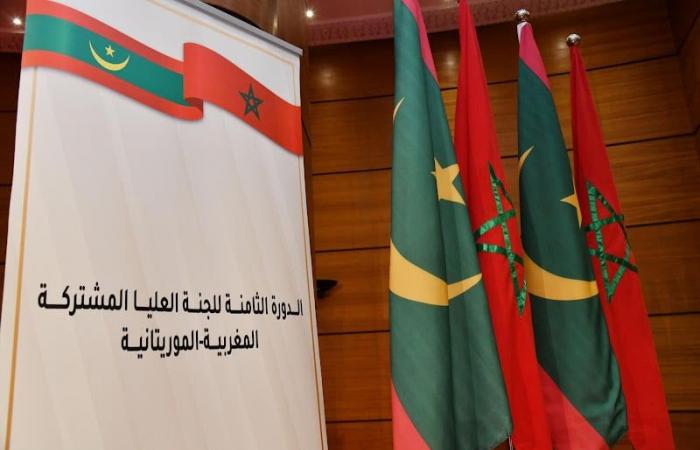
Mauritania shapes its intra-African trade relations around well-defined supply poles, the most imposing of which remains Morocco. During the first quarter of 2025, Rabat represented 40 % Mauritanian imports from Africa, thus assuming first place among suppliers on the continent.
According to the quarterly report from theNational Statistics Agency, Demographic and Economic Analysis (Ansade), the value of goods imported from Morocco is about 1.622 billion Mauritanian ouguiyas (around 454 million Moroccan dirhams)either the equivalent of 1,8 % of all the external exchanges of Mauritania.
Asymmetrical distribution of continental commercial currents
Exchanges with Africa, as a whole, weigh only 11 % the total volume of the country’s foreign trade. However, inside this continental sphere, the flows appear singularly concentrated. Three partners predominate: the Morocco (40 % of African imports), followed by theAlgeria (19 %) and theEgypt (10 %).
Regarding global exchanges – imports and exports combined – with Africa, Algeria comes out with 29 %followed by Morocco (17 %) and the Ivory Coast (13 %).
The Maghreb, major anchoring but unbalanced
-Trade relations with member countries of theArab Maghreb Union (UMA) remain structurally dominant on a African scale, representative 80 % exchanges of the country with the continent. However, brought back to the entire Mauritanian foreign trade, they only count 5 %.
This imbalance finds its expression in trade sales: transactions with Maghreb countries end up with a deficit order of 391 million ouguiyas (around 110 million Moroccan dirhams)revealing a persistent importing dependence on this sub-region.
A measured breakthrough of the ECOWAS
The Economic Community of West African States (Cedeao) captures 42 % African exchanges of Mauritania, but represents only 3 % total foreign trade. Unlike the Maghreb framework, relations with this sub-regional ensemble are characterized by a trade surplustranslating an inverse dynamic, where Mauritanian exports surpass imports.
Outside the continent, the report reports on a relative vigor of exchanges with the Arabian peninsulaand more precisely with the United Arab Emirateswho concentrate 97 % Mauritanian trade with the Middle Eastwhich itself only weighs 9 % global flows.







